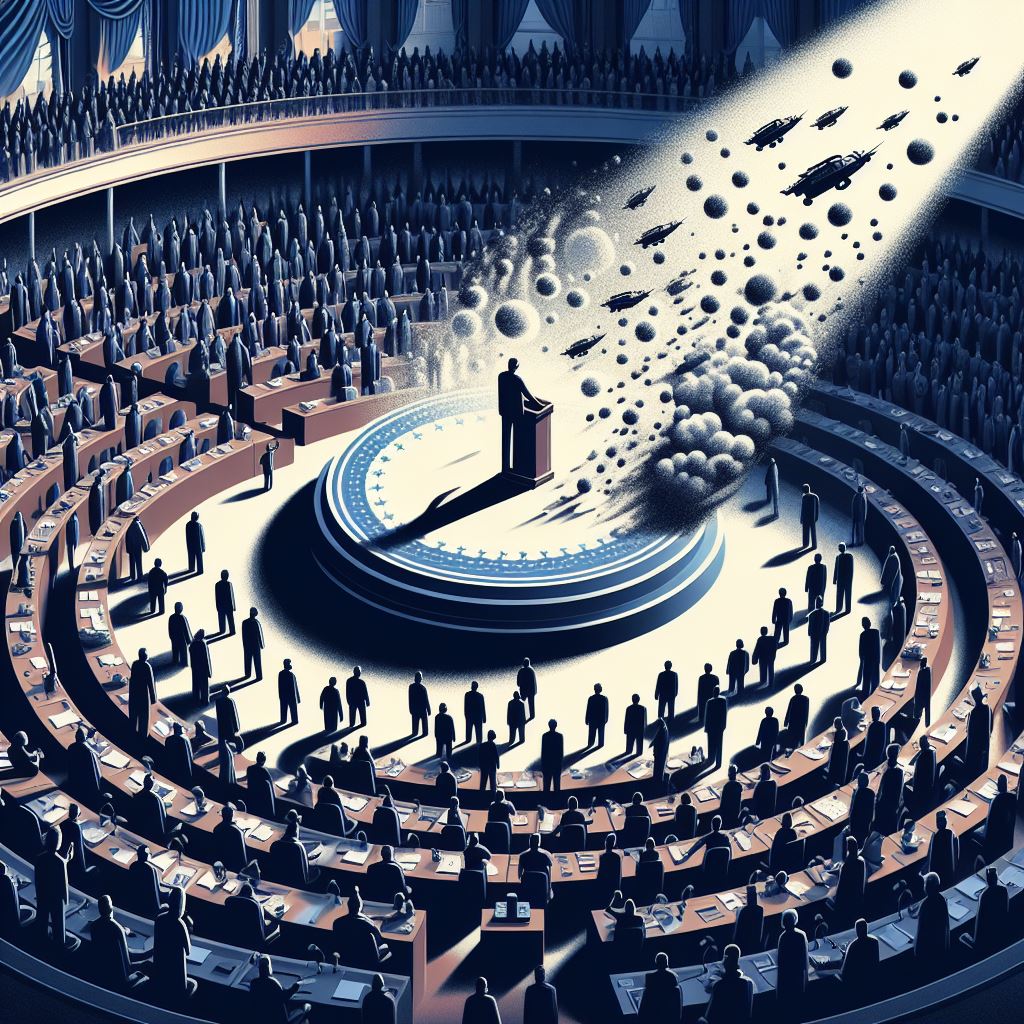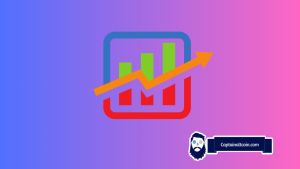How Will AI Impact the Democratic Process?
In a world where worries about AI-driven disinformation loom big over political processes, a silent revolution is happening. In the middle of the deafening chorus of cautions, a slow movement is occurring as entrepreneurs investigate how artificial intelligence might be used to advance rather than undermine democracy. This article explores the underappreciated area of artificial intelligence’s beneficial impact on politics, highlighting efforts to harness the technology’s power for the greater good.
Exploring AI’s role in democracy – Transforming campaign strategies
Artificial Intelligence is becoming a powerful ally in the field of political campaigns, transforming the way political parties interact with people. Using ChatGPT and other AI approaches, Campaign Lab and other organizations are at the forefront of organizing campaign operations more efficiently. Artificial Intelligence (AI) holds the potential to improve efficiency and outreach through creative uses, such as producing preliminary versions of election pamphlets. But, care should be taken because these programs can sometimes generate inaccurate or deceptive content.
However, caution must be exercised as these systems may provide false or misleading content on occasion. Notwithstanding these difficulties, supporters contend that the advantages of AI overshadow the disadvantages because it has the ability to enhance campaign messaging and personalize interactions. Election strategies could undergo a transformation when artificial intelligence (AI) and politics come together.
Leading-edge governance enabled by AI
A new era of participatory democracy is being ushered in by the convergence of AI and governance, as demonstrated by projects such as Polis. In the Selby and Ainsty by-election, Andrew Gray’s AI-powered campaign was a risky test of AI’s application in politics. Although Gray’s project was met with resistance, it demonstrated how AI may support inclusive decision-making procedures.
Constituents may jointly develop policy agendas thanks to tools like Polis, which break down conventional barriers to civic engagement. Furthermore, unparalleled insights into voter sentiment are provided by AI-driven polling approaches, which enable political actors to create more responsive policies. Though worries about algorithmic manipulation and biases persist, the promise of AI-driven governance has significant ramifications for democratizing the process of decision-making.
Artificial intelligence continues to contaminate politics, leaving unanswered basic issues. Does AI actually strengthen already-existing weaknesses or can it actually benefit democratic institutions? Politics is beginning to see the benefits of artificial intelligence (AI), but there are still obstacles to overcome, such as ensuring that AI-powered tools are accessible to all and battling misinformation.
There is no doubt that AI will have a significant and enduring impact on democracy as we traverse this unexplored territory. The true test will come from our capacity to use this revolutionary technology in an ethical way to advance society as a whole. But given the promise and risks of AI in democracy, the question of how to balance innovation with upholding democratic values still needs to be answered.





